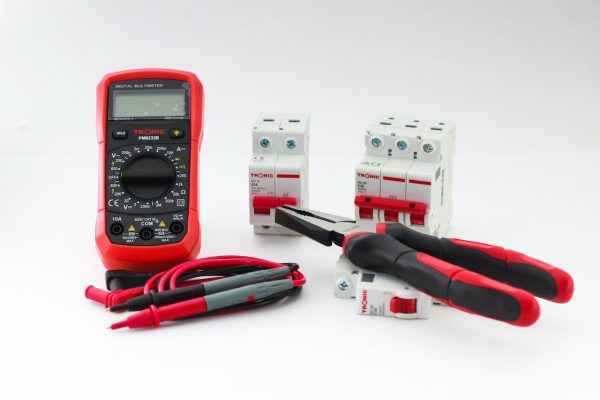An overloaded electrical circuit is a serious problem that can cause extensive damage to your property and even start a fire. Unfortunately, most homeowners don’t think about your electrical circuit until something goes wrong. And when it does, it’s usually not a pretty sight. Today, we will discuss four warning signs that your electrical circuit is overloaded.
By being aware of these signs, you can avoid an expensive and dangerous electrical emergency in your home and keep your family safe.
1. Your Power Supply Keeps Shutting Off
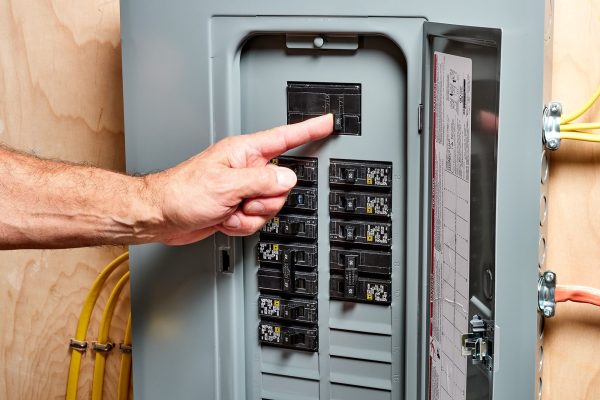
If your power supply keeps shutting off, it’s a clear sign that your electrical circuit is overloaded. When overloaded, it trips the breaker and shuts off the power to prevent further damage. Your electrical circuit is designed to handle a certain amount of power. So, if you constantly have to reset your breaker, your electrical circuit is being taxed beyond its capacity.
A professional electrician notes here that if you have an older home, it’s possible that your electrical system isn’t up to code. That means it wasn’t designed to handle the amount of power that modern appliances require. In this case, you’ll need to upgrade your electrical system. But if you have a newer home, then you may be just using too many appliances at the same time.
This is true if you have several large appliances running simultaneously, like a washing machine and dryer. Try to spread out your appliance usage throughout the day so that you’re not putting too much strain on your electrical system all at once. If this doesn’t work, unplug some devices on your circuit and call an electrician to help you determine the cause of the problem.
2. Your Lights are Flickering or Dimming Frequently
If your lights are flickering or dimming frequently, it’s another sign that your electrical circuit is overloaded. This happens because the voltage on an overloaded circuit fluctuates. When this happens, it causes the lights to flicker or dim. You’re more likely to note this when switching on several lights at once or when you have many devices plugged into one circuit.
Not only is this annoying, but it can also be dangerous. If you have sensitive electronics plugged into the circuit, they can be damaged by the voltage fluctuations. If you have fluorescent lights, they may flicker even when there’s no load on the circuit. This is because they’re more sensitive to voltage fluctuations. If you notice this, it’s best to call an electrician immediately.
3. Outlets or Switches Feel Warm and Produce Buzzing Noises
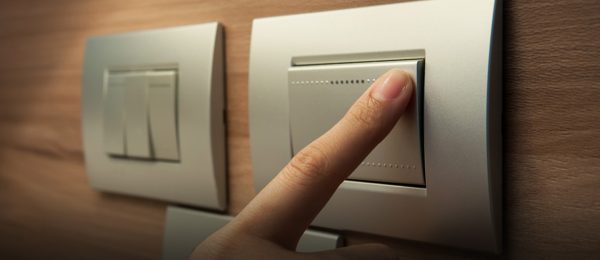
Another warning sign of an overloaded circuit is if outlets or switches feel warm to the touch and produce unusual buzzing noises. This happens because the electrical components are working overtime to try to keep up with the demand. As a result, they overheat and produce a buzzing noise. In some cases, you may also see sparks or smoke coming from the outlet or switch.
Using outlets or switches that are producing these warning signs is extremely dangerous. Not only could you start a fire, but you could also receive an electrical shock. If you see or hear any of these signs, immediately shut off the power to the outlet or switch and call an electrician. Don’t attempt to fix the problem yourself or use the outlet or switch until it’s been repaired.
4. Small Electric Shocks When Touching Outlets, Switches, or Devices
If you’re getting small electric shocks when touching outlets, switches, or devices, it’s a sign that your electrical system is also overloaded. This happens because the electricity is trying to find a ground and is going through you instead. While these shocks may not be strong enough to injure you, they’re still a warning sign that something is wrong with your electrical system.
Small shocks can also be caused by loose electrical connections or cords that are not tight and secure. If you have kids or pests in your home, you should be extra careful as they’re more vulnerable to electrical shocks. Don’t assume that the shocks will go away on their own. Call an electrician to inspect your electrical system and make any necessary repairs or upgrades like installing GFCI outlets that will shut off power if there’s a ground fault.
5. A Burning Smell Coming from Electronics, Switches, or Outlets
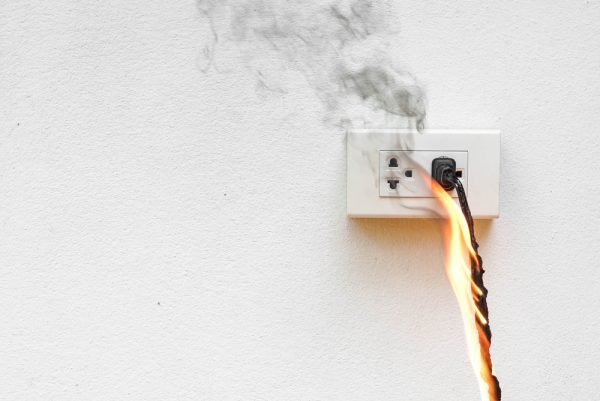
When you have an overloaded circuit, it can cause the wiring to overheat and produce a burning smell. This is extremely dangerous as it’s one of the leading causes of house fires. If you notice a burning smell, immediately shut off the power to the affected circuit and call an electrician. Don’t attempt to use any electronics or appliances on that circuit.
In most cases, by the time you smell the burning smell, the wiring has already been damaged. This means that it needs to be replaced by a professional. In some cases, you may be able to have the circuit repaired.
However, it’s always best to err on the side of caution and have a professional inspect your electrical system before using it again to ensure it’s safe. The best power rates in Texas may tempt homeowners to overload their electrical circuits, leading to potential issues. Signs of an overloaded electrical circuit can include frequent tripping of circuit breakers and dimming of lights.
6. No Power for Your Appliances
If you’re frequently losing power to your appliances, it’s a sign that your electrical system is overloaded. This happens because the circuit breaker is being tripped due to the high demand. While this may not seem like a big deal, it can actually be very dangerous. With all the major appliances in your home running on electricity, losing power can be a huge inconvenience.
It can also be dangerous as it can cause food to spoil, your home to get too hot or cold, and your sump pump to stop working. Call an electrician to inspect your electrical system if you’re constantly losing power or having issues powering your appliances. On the same note, investing in lower-power appliances can also help reduce the demand on your electrical system.
7. Your Fuses Keep Blowing
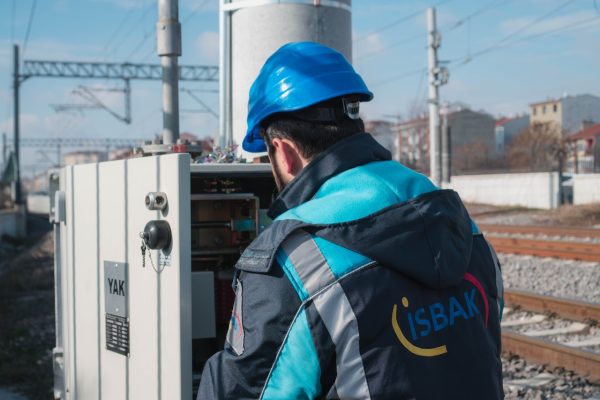
If you find that you are constantly replacing fuses in your home, this is a sure sign that your electrical circuit is overloaded. When a fuse blows, it indicates that too much current is flowing through the circuit. This can happen for various reasons, including an electrical short, too many appliances on the same circuit, or faulty wiring.
Fuses are designed to protect your home from electrical fires by breaking the circuit when there’s too much current flowing through it. Fuses can be found on power strips, in your fuse box, or built into outlets. Replacing a fuse is a relatively easy and inexpensive fix. However, if you’re constantly replacing fuses, it’s a sign that there’s a bigger problem with your electrical system that needs to be addressed by an electrician.
Schedule Regular Electrical Inspections
Remember to schedule regular electrical inspections for your home at least once a year. By doing so, you can avoid the potential hazards of an overloaded circuit and other electrical problems such as wiring problems, frequent burning out of light bulbs, and others. Don’t hesitate to ask your electrician if you have any questions or concerns about your home’s electrical system. They can help ensure that your home is safe and up to code. It’s always a good idea to review your bills and adjust your calculations accordingly. Using utilities cost per month calculator can help you provide a high level of accuracy, reducing the chances of human error and ensuring that calculations are correct.

